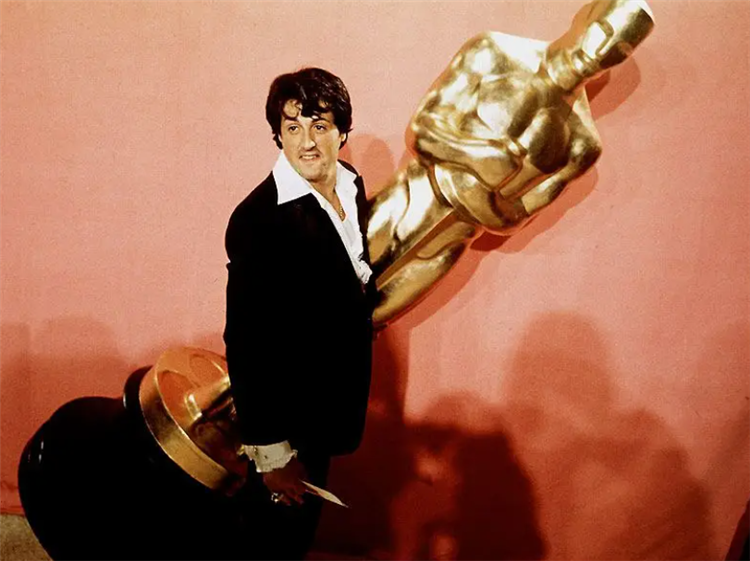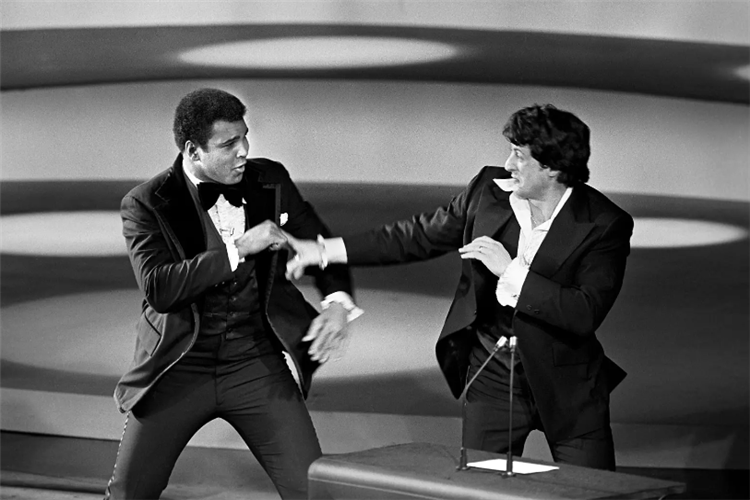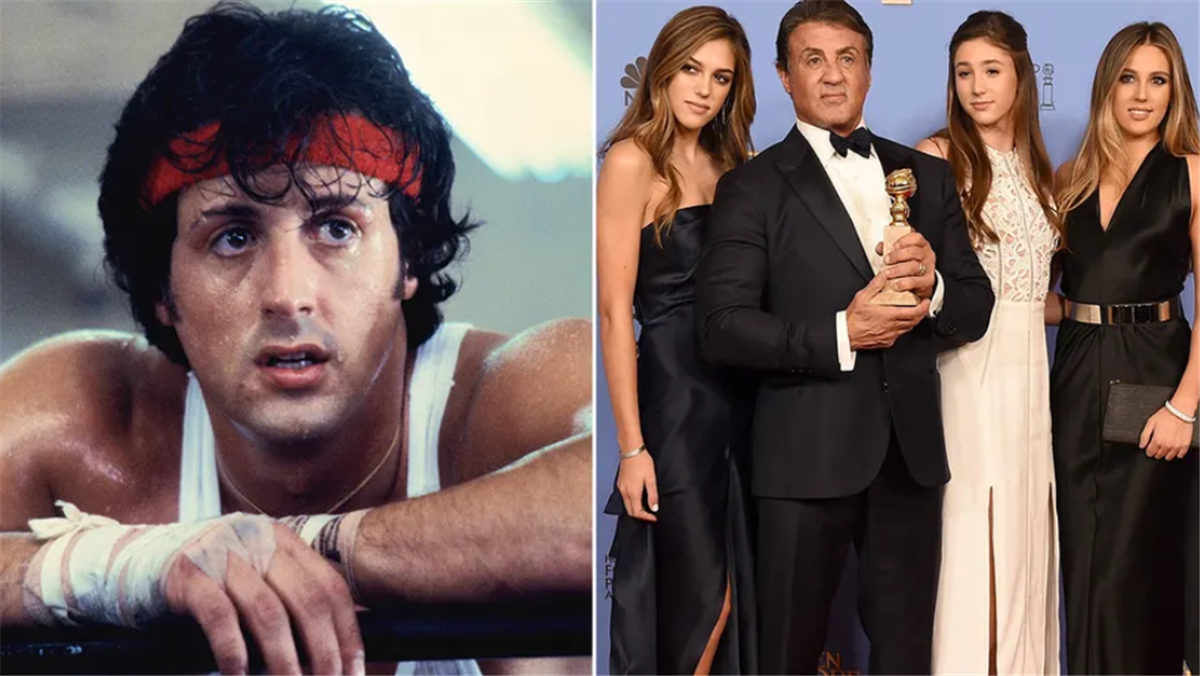The story of Chuck Wepner and Muhammad Ali has been one for the stars and the history books. But it was one Sylvester Stallone who would go on to truly mirror the essence of what made that fight so iconic and why Wepner’s defeat was so elemental in the creation of history.
Despite the fascination that now surrounds Sly Stallone due to his impossible career, it is a thing of beauty to behold how the down-and-out-of-luck fighter took a story about one of the greatest fights in the ring and translated it onto the pages as one of the greatest pieces of fiction ever written.
Sylvester Stallone Brought Boxing Into Fashion in the 1970s

When Muhammad Ali was at the height of his career, one of his fights in the ring to restore hierarchy and his place in a list of immortals spurred a young mind present among the audience into writing a screenplay that would revolutionize Hollywood and usher in a new genre in filmmaking. Thus was born Rocky. The film which aired in 1976 had worked to promote the sport, making it more infamous than it already was, by Muhammad Ali’s courtesy. But while the latter could only give us adrenaline-spiking matches on fixed dates, Rocky was a film that caught those raging feelings and the expansive story and all its incredulous emotions in one frame for the audience.
In the aftermath of the film’s premiere, the fans were left feeling all the tangible bits of nostalgia that came after witnessing a live bout in the ring between Ali and whoever was unfortunate enough to go up against the legend. Sylvester Stallone transported the audience back into the sensational world of boxing that had become the common man’s obsession in their sleeping as well as waking hours. But through the haze of all the fan frenzy the world had spun itself into, one often failed to remember how Muhammad Ali existed beyond the world of boxing too, and in the end, was an extraordinary father above all.
Muhammad Ali Speaks to the Merits of Retirement

Muhammad “The Greatest” Ali was, in his time and beyond, a legend personified. And yet, despite what he meant to the masses, there existed limits to his physical capability to fight, and on more than a few occasions, Ali did speak about his retirement plans after a certain point in his career. Having already garnered a legendary status halfway through his career, retirement was not the worst thing that could happen to someone of his stature. But Ali himself was skeptical about it all.
While he was recorded numerous times with many different responses when asked about his retirement plans, ranging from – “I want to say something right there, this might make you all think” – to a stronger, more vehement declaration toward assisting “the Islamic cause” and “taking up the battle for truth.” But, at the end of the day, it all came down to his children.
“Ten years from now I won’t be fighting. Ten years from now, that baby will be ten years old. And I’ll need money, I’ll need school books, I’ll need clothes, bus fare. And then twenty years from now, my daughter will need a house or she’ll need a job and it’ll be a shame to say Muhammed Ali’s daughter – a waitress in a restaurant. He made all of those millions…”
“What I’m trying to say is, I can earn enough money in five years if I invested and put it up right to take care of my grandchildren. So I wanted to retire but this is a hard world.”
And even though Rocky did get all the parts about the sport right, Sylvester Stallone’s underdog champion never really caught on with the part that shatters the illusion of reality from fiction because of the truth Muhammad Ali was forced to reckon with about the future of his children and grandchildren.
Rocky went on to be nominated for 10 Oscars of which the film took home 3 Academy Awards including Best Director and Best Picture.
